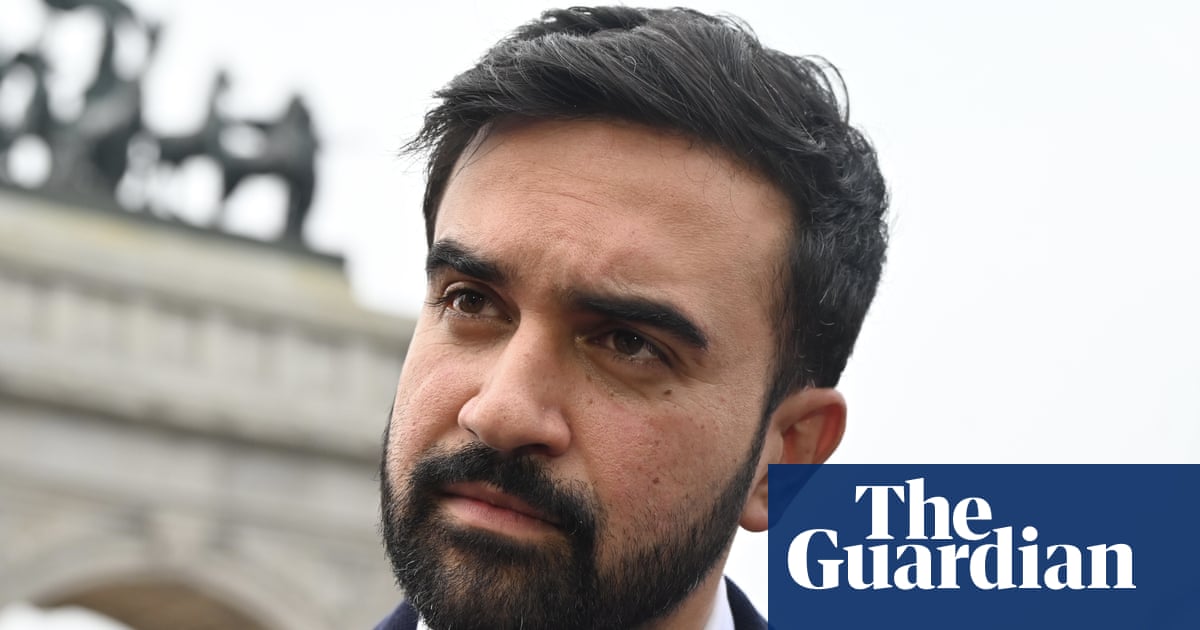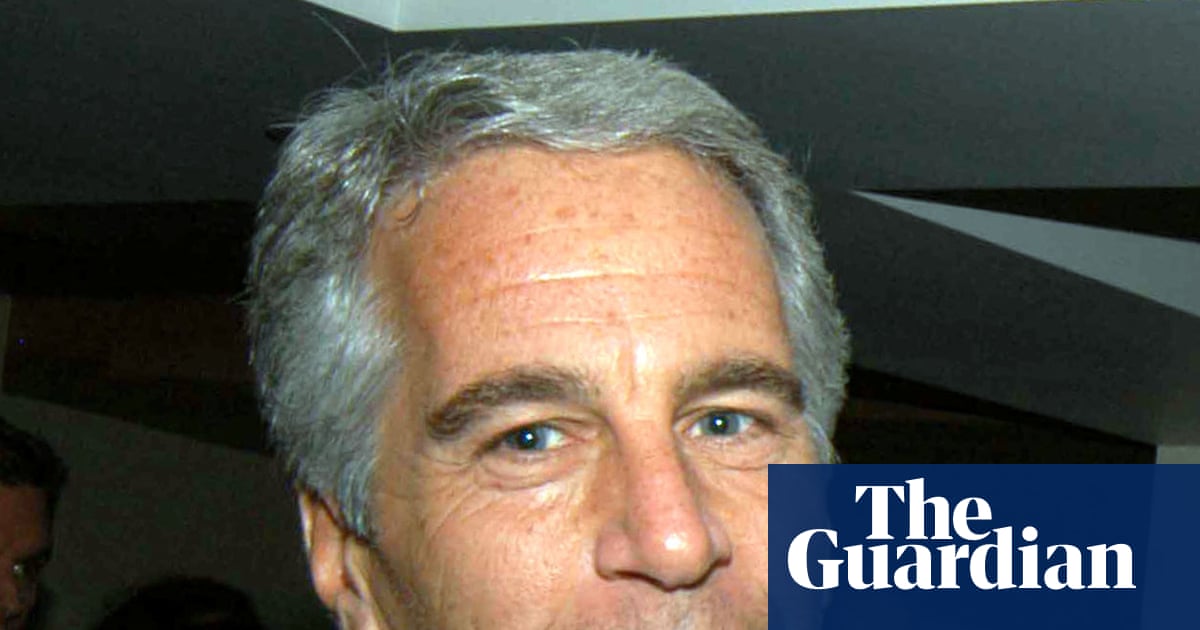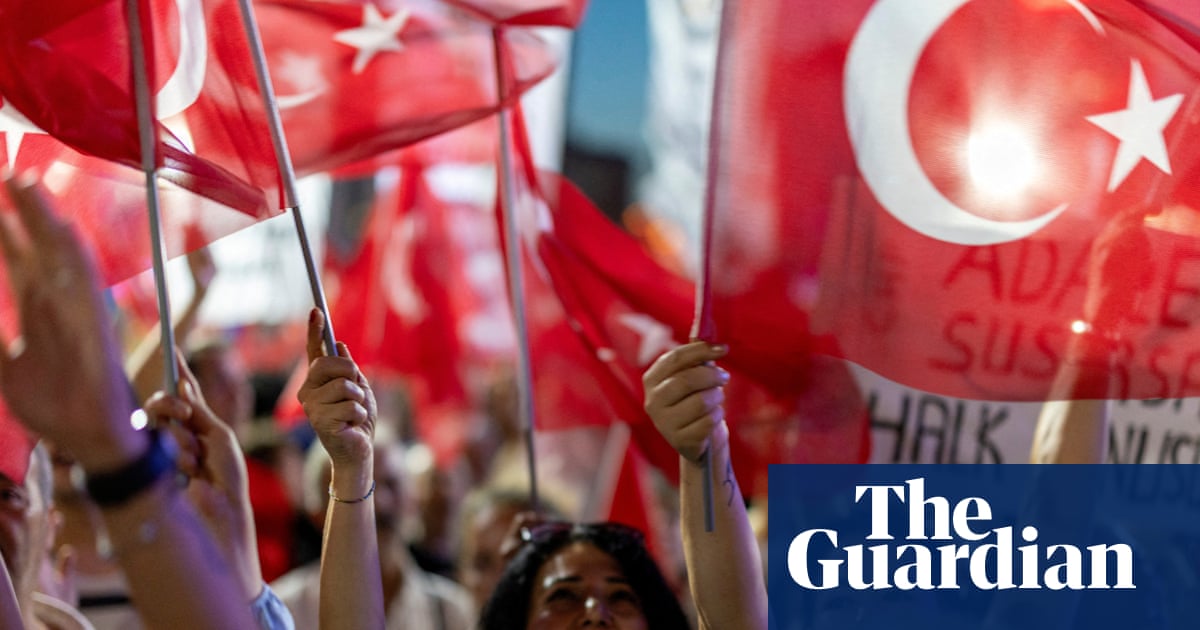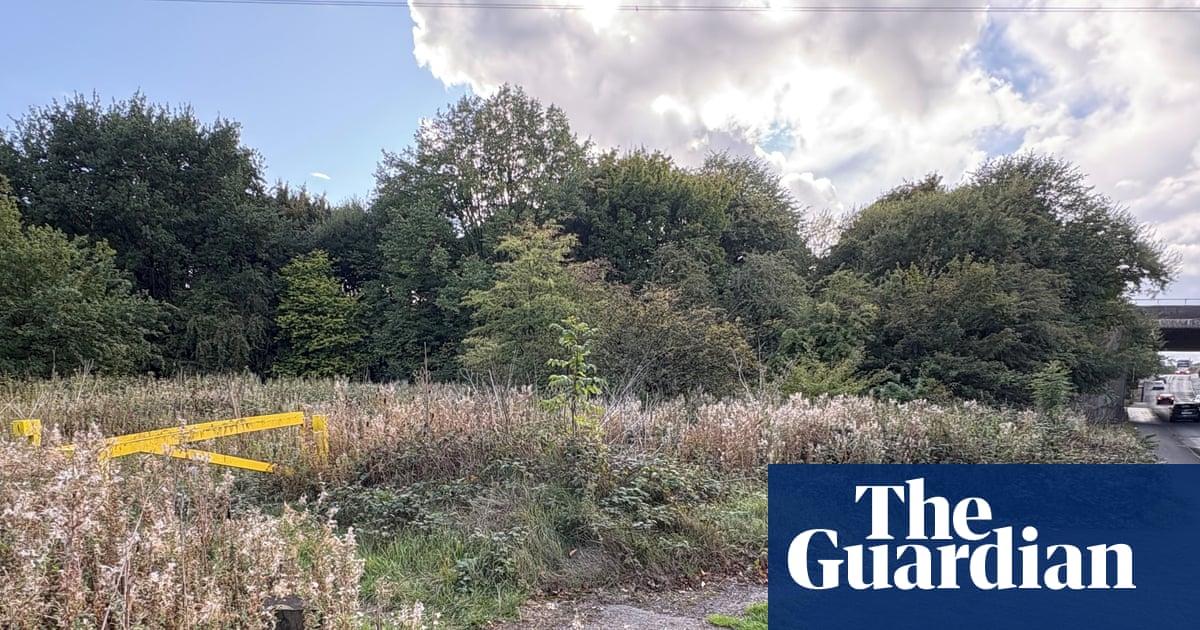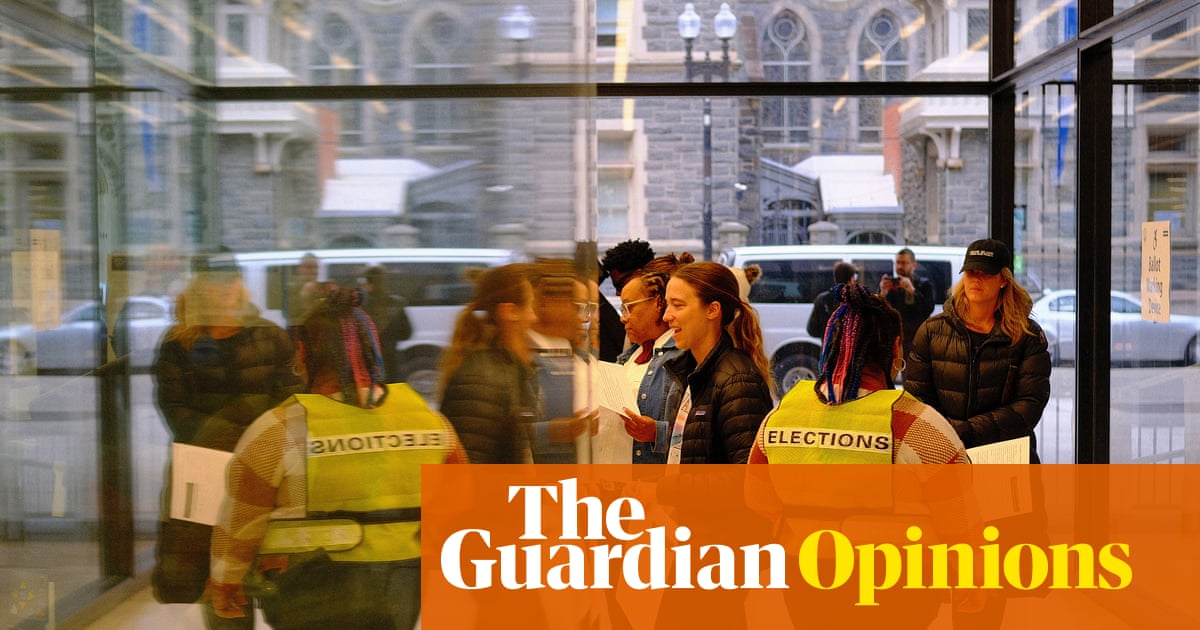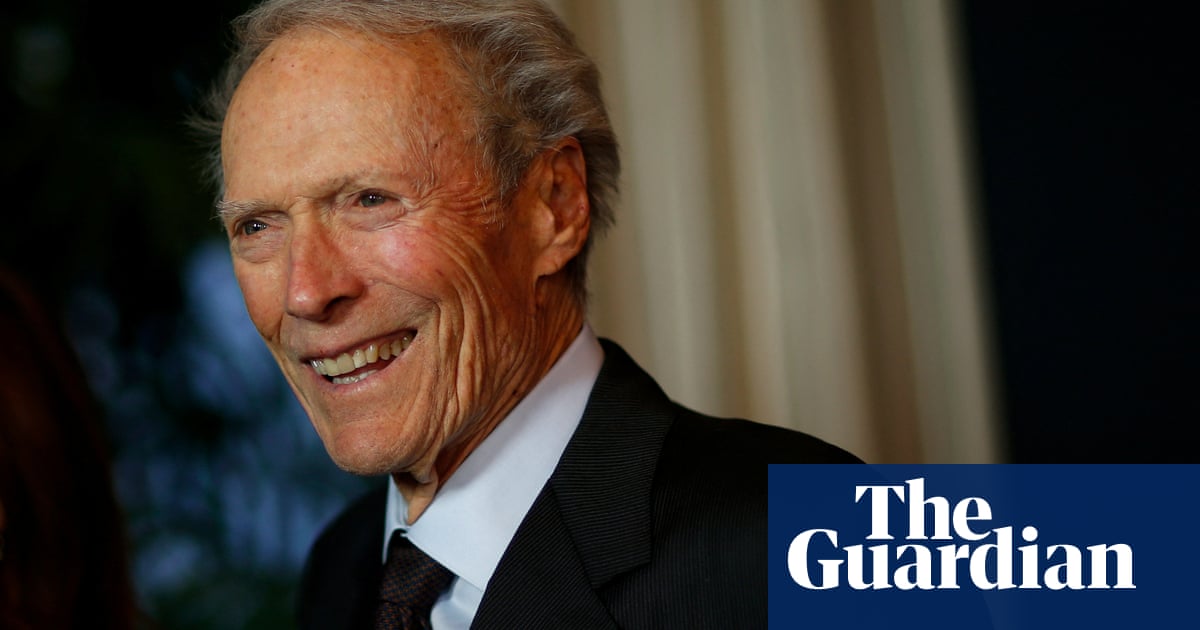Key events Show key events only Please turn on JavaScript to use this feature
Government ministers have declined to say whether the UK supports the US decision to strike at nuclear sites in Iran, but the foreign secretary said the uranium enrichment levels Iran was achieving was “not something that you can allow possibly to just let slide.”
David Lammy told listeners of the BBC Radio 4 Today programme:
I’m very conscious that when I met colleagues in the White House on Thursday that they were considering all of the options … we knew that, you knew that as journalists. And Donald Trump made a decision to act to degrade that capability. It may well have set back Iran by several years. That was a decision that he took.
I believe what the IAEA has found, and that is that Iran is enriching at 60% and there is no credible civilian justification for high enrichment at that level, that they have not been complying with their nuclear proliferation obligations. With all seriousness, this is not something that you can allow possibly to just let slide when it’s enrichment at 60%.
Armed forces minister Luke Pollard, in a separate media appearance, said the UK focus was on diplomacy, not military action. Appearing on Times Radio he said:
That was a decision that the US has taken. Our focus has been on the diplomatic effort that is necessary to get a lasting peace. That’s why that’s been the focus of the prime minister’s actions over the last few days, it’s why the defence secretary, myself, the foreign secretary and the minister for the Middle East have been engaging in diplomatic activity in the region, because we need to make sure that there is a route to a lasting peace here.
Armed forces minister Luke Pollard also appeared on the media round today, and stuck to the government line of not commenting on US action against Iran.
He told viewers of Sky News that “it’s not for me to comment on the particular US action, but we’re assessing the battle damage at the moment to understand the true extent of the strikes.”
Put to him that, as armed forces minister ,it was specifically his role to comment on military action, Pollard insisted “I’m not going to be able to comment on that question, but what we can say is that we were not involved in the military action that the US took.”
Continuing the theme also outlined by foreign secretary David Lammy this morning, Pollard said diplomacy was the only solution.
He said Britain’s focus was on putting “pressure on the Iranian regime to get back to negotiations because a diplomatic solution is how we bring this crisis to an end, with Iran not able to create a nuclear weapon, handing over their nuclear materials that they possess, and giving commitments that they won’t threaten regional stability by developing a nuclear weapon in the future.”
Lammy: Iran must 'get serious about off-ramp being made available to them'
Foreign secretary David Lammy has said that diplomacy is the only permanent solution to the UK’s longstanding concerns over Iran’s nuclear programme, and that Tehran’s government must “get serious about the off-ramp that is being made available to them” in the wake of US strikes on Iran’s nuclear facilities.
Lammy said that Iran had clearly been in breach of agreements by enriching uranium up to 60%, which he said was way above the levels of enrichment carried out by the UK.
He told listeners of the BBC Radio 4 Today programme:
I’m sorry that (the Joint Comprehensive Plan of Action) has since been breached, of course I am, but that’s why the international community is ultimately committed to this. And let’s be clear, if Iran is able to enrich beyond 60%, is able to get a weapon, what we will see is nuclear proliferation across the Middle East, the world will be seriously more dangerous than it is at the moment, that’s why it must be stopped.
The foreign secretary said a diplomatic solution was required because Iran retains the expertise and likely some of the materials to continue its enrichment programme.
He made a similar point in a separate appearance on BBC Breakfast, telling viewers:
I went straight to Geneva … to sit with the Iranians. I spent seven hours in Geneva to talk them down to this off-ramp. It is still the case that this can only be sorted out diplomatically, and Iran must now take that off-ramp.
Lammy declines to say whether UK government views US strikes on Iran as illegal
Foreign secretary David Lammy has repeatedly declined to say whether the British government believes that US strikes on Iran’s nuclear facilities were legal or illegal.
Pressed on the Radio 4 Today programme by Justin Webb, Lammy claimed there was no equivalence between the actions of Vladimir Putin invading Ukraine and the US strikes. Overnight US president Donald Trump appears to have floated the idea of the US backing regime change in Tehran.
Asked about the lawfulness of the strikes, the foreign secretary would only say: “Well, we weren’t involved, it’s for the Americans to discuss those issues.”
When it was put to him that it extraordinary he could not answer the question, he told listeners:
I don’t think it is extraordinary because this was not the UK’s action, we were not involved, we were clear when this began and Israel’s attacks began that we were not involved … so I don’t say it’s not legitimate, but I can tell you as foreign secretary that we were not involved.
Welcome and opening summary …
Good morning, and welcome to our rolling coverage of UK politics. Here are the headlines …
-
Foreign secretary David Lammy has repeatedly declined to say whether the British government believes US strikes on Iran were illegal. Prime minister Keir Starmer has warned of a “risk of escalation” in the Middle East and beyond, backing the strike on Iran’s nuclear facilities and calling on Tehran to return to negotiations
-
The government has promised electricity costs for thousands of businesses will be cut by scrapping green levies as a key part of a 10-year industrial strategy. Starmer said the plan marks a “turning point for Britain’s economy”
-
Reform UK are to offer wealthy foreigners and returning British expats a bespoke tax regime in exchange for a one-off payment of £250,000 with all funds collected redistributed to Britain’s lowest-paid workers, the party claims
There are quite a few things in the diary for the day. Chancellor Rachel Reeves and business secretary Jonathan Reynolds will be out promoting the government’s industry strategy. Health secretary Wes Streeting is giving a speech in London, while opposition leader Kemi Badenoch is appearing at a Policy Exchange event at lunchtime.
Minister Stephen Doughty will be appearing before the foreign affairs committee discussing the Chagos agreement, while Northern Ireland secretary Hilary Benn faces the Northern Ireland affairs committee. In the Commons there are questions on work and pensions and a general debate on Pride month.
It is Martin Belam with you today. You can reach me at [email protected].

 2 months ago
89
2 months ago
89







